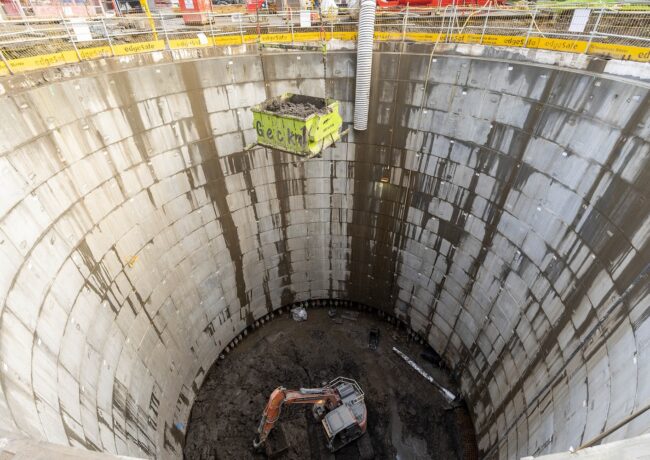North West needs 5,500 construction workers a year, says CITB
The North West will need to hire more than 5,500 additional construction workers per year over the next four years, the highest level of staff requirement in the country, according to the CITB’s annual Construction Skills Network report.
The construction industry in the region will need to add 5,470 new staff per year between 2018 and 2022, the highest number in the country. This compares with 4,540 per year in the East of England; 2,250 in the South East; and 2,010 in London.
The region is also expected to be the joint-second fastest growing construction market in the UK, with output growing by 2% per year over the next four years. This is bettered only by Wales, where annual output growth is forecast at nearly 5%, and equalled by the South West.
The figures, compiled by the CITB alongside Experian, also outline which sectors will be busiest and which trades will be in required through to 2022.
Trades at the forefront of demand in the next four years include wood trades and fit-out staff, where 640 new roles will need to be added each year; electric trades, which will need 510 per year; and plumbing trades, which will need 500 a year.
There will also be high demand for bricklayers at 380 staff per year; general labourers at 460 per year; and plasterers at 240 a year.
The CITB also expects there to be an annual hiring requirement of 110 architectural staff per year through to 2022.
In total, construction employment in the North West is expected to rise by 9.7% over the period, again only second behind Wales, where employment will grow by 11.1%.
Private housing is the fastest-growing sector at 2.9% per year, driven by schemes including FEC’s £235m Angel Gardens, and Plaza 1821 in Liverpool Waters, which started on site at the end of last year.
Gillian Brewin, partnerships manager in the North West at CITB, said: “Construction in the North West continues to go from strength to strength, due to an impressive pipeline of housing and infrastructure works. With the government investing in housebuilding in the region, such as Greater Manchester’s £30m Housing Investment Fund, we’re currently in a strong position.
“We’re calling on employers to use this strong forecast to plan their skills needs, look for ways to modernise and invest in the future workforce.”




